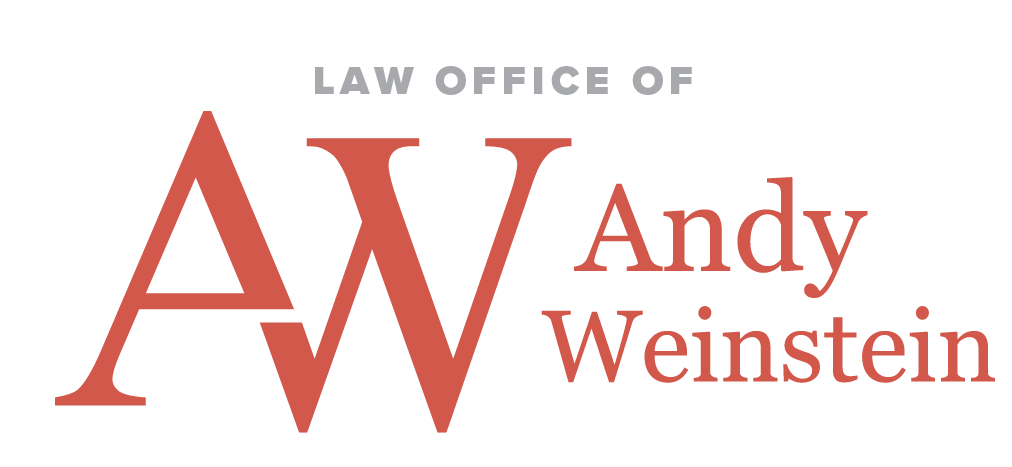The criminal system is sometimes portrayed as linear by Hollywood. However, the criminal procedures are anything but straightforward and predictable. While some cases might follow a path that begins with an arrest and charge and ends with a trial and verdict, many will enter non-traditional legal paths.
Diversionary programs provide the courts in New York with a way to manage their caseload more efficiently. However, those accused of a crime may not be aware of this option or their ability to experience more leniency than going through trial.
Diversionary programs
At the Law Office of Andy Weinstein, Esq., we understand that navigating criminal charges can be overwhelming. Our goal is to help our clients better understand the criminal process and the options they have when it comes to asserting a defense. With over 30 years of combined experience, our attorneys know that going to trial is not the best option for some cases. That is why we help our clients understand diversionary programs and how they can be the best option for them.
There are three main types of programs. The first is pretrial intervention. If eligible for this program, an individual will move out of the traditional courtroom setting and will move directly into the supervised setting. This could entail drug testing, restitution and other restrictions.
The second type is conditional discharge. This diversionary program is available to those charged with disorderly conduct involving a controlled dangerous substance. The final type is conditional dismissal. This is like a conditional discharge; however, it is for those charged with a nondrug related disorderly conduct.
Eligibility
Various factors can come into play when establishing eligibility for a diversionary program. Most often, those that are first-time offenders are eligible if they were charged with a misdemeanor. Those placed in a diversionary program are commonly charged with drunk driving, drug possession, possession of drug paraphernalia, assault and battery and weapon offenses. For juvenile offenders, they might be eligible for charges such as vandalism, shoplifting, truancy and underage drinking.
No matter the type of misdemeanor charge you are facing, it is important to understand that you have rights and options. A diversionary program could be your best option to navigate the charge and keep a criminal conviction off your record. Because the criminal justice system can be complex and confusing, a legal professional could help guide you through the process and explain the options available to you.

